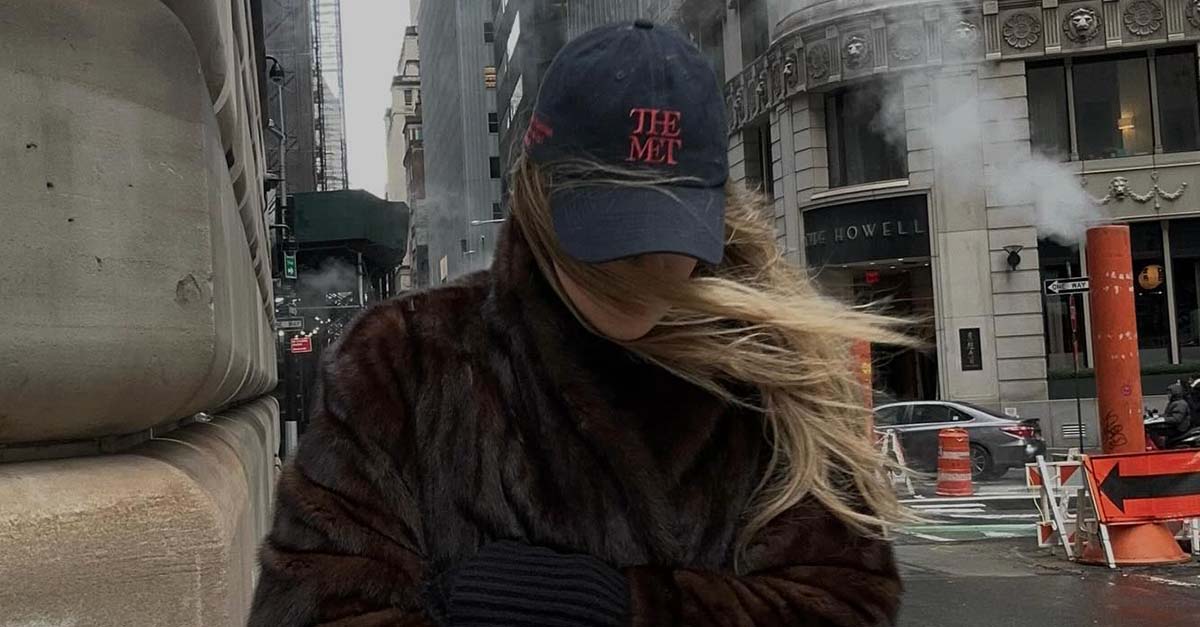Workplace relationships and hookups have been a reality since the beginning of time clocks.
The #MeToo movement of 2017 shined a new light on the pervasiveness of sexual exploitation, intimidation, and abuse, bringing its perpetrators to account. Coined by activist Tarana Burke, the social movement set steep ramifications for those who engaged in inappropriate sexual workplace behavior. Increased awareness led many businesses to implement employee fraternization policies making even consensual office relationships taboo. However, the COVID-19 pandemic shifted focus away from the movement toward other pressing social issues.
Today, workplace relationships are again on the rise. A survey by the Society for Human Resource Management revealed that 33% of office workers reported involvement in workplace romances, which is 6% higher than before the pandemic began. While there is a vast distinction between voluntary coupling among consenting adults and the kind of unwanted sexual advances that necessitated the #MeToo movement, the blurring of lines between the two triggered many HR departments to put up firm guardrails around workplace romance. Some say the policing of workplace coupling has gone too far, while others contend policies don’t go far enough.
ESSENCE spoke with a workplace consultant, an organizational psychologist, and a couple whose romance was sparked at work. They provided takes on the good, the bad, and the ugly of interoffice dating.
The Good: Work can be a great place to find love.
After a harsh and isolated nearly two-year stretch of stay-at-home orders and social distancing, experts noted an emerging epidemic of loneliness in the US. During the pandemic, 68% of Black Americans and 75% of Hispanic adults experienced mental health challenges due to loneliness. “I think anyone who has lived through the COVID-19 pandemic and the state of loneliness we all experienced now has a different relationship with work,” said Dr. Ella F. Washington, professor of management at Georgetown’s McDonough School of Business. “People want to feel a sense of belonging and community.” The research pans out. A 2022 McKinsey survey revealed more than half of employees who joined The Great Resignation cited a lack of belonging as impetus—46% noted an unmet desire for a sense of community, connection, and care among colleagues as another reason they quit.
The office is excellent for intimate connections and gaining a sense of belonging that romantic relationships provide. “The impact of isolation from COVID likely reshaped how we imagine our ideal social scenarios, whether they be romantic or platonic workplace relationships,” Washington said. As employees return to reopened offices, many are taking advantage of the opportunity to find romantic companionship at work.
In addition to the convenience of proximity, the amount of time employees spend together increases the potential for romantic connection. The average worker spends a third of their life in the workplace, so it only makes sense that dating and mating would happen within those confines. That was certainly the case for Demea and Shaemekia. The two accepted job offers from Lockheed Martin following their respective graduations from Southern University and Tuskegee.
“When I first met Demea, I had an attitude,” Shaemekia recalls. “I had answered a forwarded email from a coworker requesting volunteer chaperones to escort a group of students on a tour [of the Lockheed Martin Campus]. I signed up to help out because I was new to the area and loved working with youth,” she said. “When I showed up on the day of the event—for one, it was an unusually cold day in Texas, and it was also raining. And then the host had the nerve to be late.” Demea’s recollection of the meeting varies only slightly. “We officially met on a rainy Saturday sometime in the month of February. She is correct about my sending out the email. I was hosting an onsite visit for a youth organization that I was a part of during my childhood. However, I can’t entirely agree with the part about being late. As the organizer of the tour, there were other responsibilities that I had to tend to,” he said. “But, she is definitely correct about the attitude. She was on one from the very start.” Despite their shaky intro, the two eventually found a love connection. Eighteen years, a jump of the broom, and two kids later, the Jamisons exemplify the romcom scenario of interoffice dating.
Based on his experience, Demea says employers should take a practical approach to workplace relationships. “I think companies have to be open-minded and accept that people spend more time at work than at home or any other social setting,” he said. “Naturally, there will be time and opportunity to develop close relationships and an attraction to a person after seeing them for 40+ hours each week.”
The Bad: When workplace relationships go sour.
Workplace romances and casual hookups are solely the business of the parties involved. As long as they are entered into by mutual consent, don’t violate company policy or exploit power dynamics—who’s to judge? HR, that’s who—well, sort of. Policies that categorically ban employee fraternization stand in potential violation of the National Labor Relations Act. However, it is common for employers to level strict policies around interoffice dating that may compromise professionalism and objectivity and lead to favoritism or perceived conflicts of interest among the parties. For example, romantic relationships between supervisors and subordinates are almost always prohibited, and typically colleagues who operate at different levels within an organization are barred from dating.
Most office romances eventually fizzle out, and while that in itself is no cause for alarm, problems sometimes arise when one party ends the relationship while the other is still invested. Messy breakups can lead to career-compromising consequences.
Moreover, the tension between once-romantic partners can make for uncomfortable dynamics for colleagues. For Dr. Tina Opie, an Associate Professor of Management at Babson College, all of the above is reason enough to avoid workplace dating altogether. “I am now in my fourth career. I was a banker, a consultant, an academic, and now an entrepreneur. In all of those contexts, you hear murmurings and rumors [of workplace hookups], and I’ll tell you this— it does not typically end well,” Dr. Opie said in a previous interview.
The data confirms what her experience bears out. According to a workplace study, 21% of people involved in workplace relationships end up quitting their job when things go sour due to awkwardness.
The Ugly: Laying it low, and spreading it wide— The consequences of workplace recklessness.
The “good” and “bad” scenarios of workplace dating assumes the participation, and full transparency of consenting adults. However, the “ugly” consequence of fostering a culture where office hookups and workplace coupling are commonplace can have the unintended effect of providing cover for predators who wield their power to exploit subordinates, pressure colleagues, or misrepresent their intentions to play the workplace sexual field.
The headline-making affair between married GMA co-hosts Amy Robach and T.J. Holmes is a case study in reckless sexual workplace behavior. Following the outing of their extramarital affair, at first glance it seemed—at least from a policy perspective—that the primary offense was violation of a morality clause. However, as new details arise of Holmes’ alleged workplace history, including alleged sexual encounters with three other women at ABC, it became clear that the behavior was habitual—and likely a reflection of company culture.
The MeToo movement exposed how easily things can go awry when few safeguards exist to curb inappropriate sexual workplace shenanigans. However, the onslaught of issues brought about by COVID-19 caused C-suite leaders to take their eye off the workplace harassment ball. The pandemic forced employers to shift focus toward building remote and hybrid work models, in many cases overnight. The transition demanded immediate investments in digital transformation. In addition, new levels of stress and uncertainty for workers prompted a greater focus on emotional well-being and mental health in the workplace. Washington says the resulting post-pandemic shift in employee morale, needs, and expectations makes perfect sense. “Organizational leaders are worried about disconnection and disengagement with remote and flexible work while also asking more from their employees,” she said. “And so, I think it is very understandable, from a psychological perspective, that people are leaning more into these things.”
It’s a lot to digest for C-suite leaders tasked with pivoting concentration toward the most pressing issues at any given moment. The windstorm of changes that befell corporations in the wake of the pandemic is likely to blame for slowed organizational momentum toward diffusing sexual harassment in the workplace. At the same time, feelings of disconnect during the pandemic contributed to employees’ desire for increased connection with colleagues—including romantic relationships.
Still, the #Metoo movement never aimed to micromanage workplace relations between consenting adults. Parsing what is and isn’t appropriate in terms of workplace relationships is a slippery slope for HR departments. Washington says a nuanced approach is required.
“Organizations should have policies to set parameters around romantic relationships, but acknowledging people’s humanity is also important. Excluding the potential for romantic relationships only encourages a culture of dishonesty. I think creating more nuance around how workplace relationships should be handled in a positive way and normalizing the dialogue about inappropriate workplace behaviors is where organizations should be going, and that takes work,” she said.








